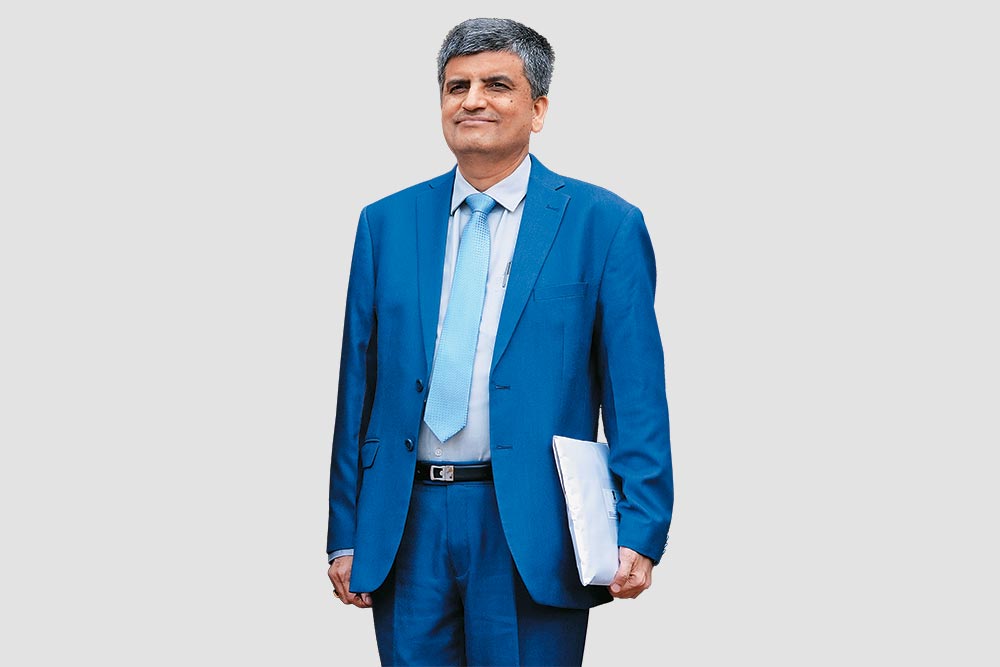How much more of an increase can we expect in the fiscal pipeline given that government expenditure has been the biggest driver of the economy?
The allocation of Rs 11.1 lakh crore is 3.4% of the GDP, indicating a historically high level of support. In the past three years, we saw increases of 30% and 35%, starting from a level of 1.5% of GDP. Having reached this level of over 3%, maintaining this level, adjusted for nominal GDP growth each year, would be a good target to support.
A rating agency has changed its outlook on India from ‘stable’ to ‘positive’. Has this revived some hopes of a rating upgrade?
I do not subscribe to the view that rating agencies are biased against India. We believe that the strength of the Indian economy warrants a better rating.
When a foreign investor decides to invest in India, sovereign ratings play a part. These ratings determine the cost of foreign borrowings for our corporations. While we may have opinions about the rating agencies’ work, it is their job to assess risk.
Have you made any preparations to handle the external volatility that is going to arise from the inclusion of sovereign bonds into global indices?
We must be prepared to deal with the volatility that such flows may bring. How to handle that volatility depends on various factors. There is not a prescriptive way to address it; decisions must be made based on the specific context.
The Economic Survey suggests India should ideally create 8 million jobs a year. How much of an impetus should be provided to growth in this regard?
Regarding the view that economic growth may not be generating sufficient employment, it might not accurately reflect the situation. If we examine EPFO [Employees’ Provident Fund Organisation] data for the past two years, excluding 2021–22, we see that about 10 million new people join EPFO each year. The net annual accretion to EPFO is approximately 13 million. This indicates that net job creation is around 13 million, not 8 million. The real challenge lies in generating better-paying jobs.
The EPFO limit is set at Rs 15,000, but this does not prevent individuals earning even Rs 1 lakh from joining the EPFO. However, the focus is on whether jobs are being created in the Rs 15,000–20,000 range, or in the Rs 30,000–50,000 range.
This is why we are emphasising skills development. It is not just about specialised skills, but also about improving skilled jobs on the shop floor. Our large-scale skilling scheme aims to address this.











